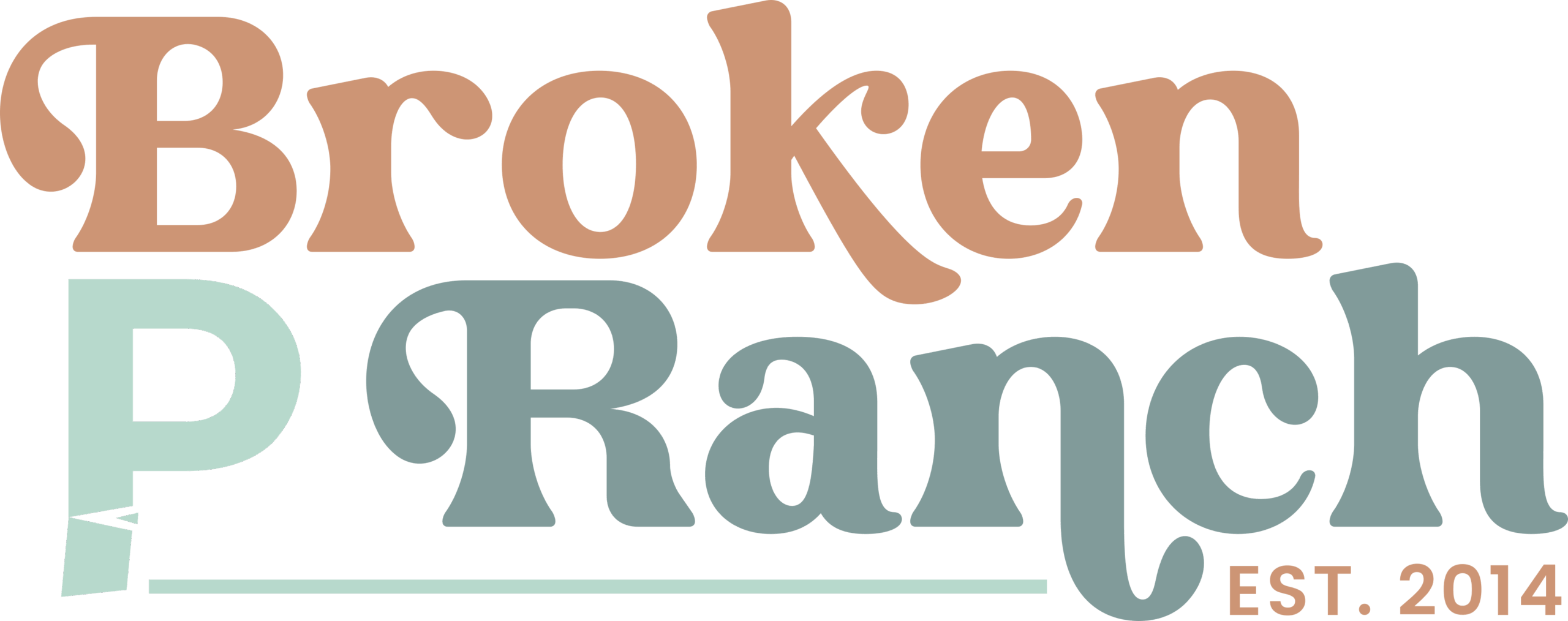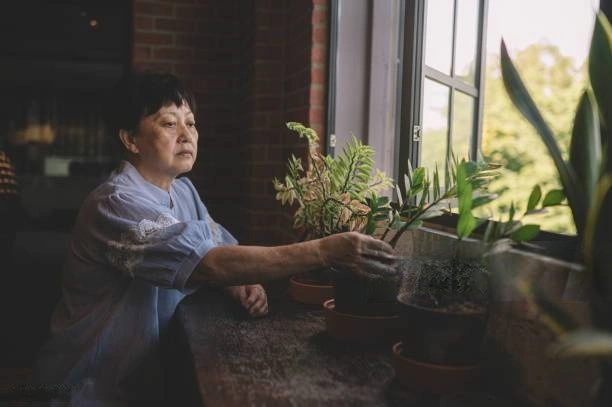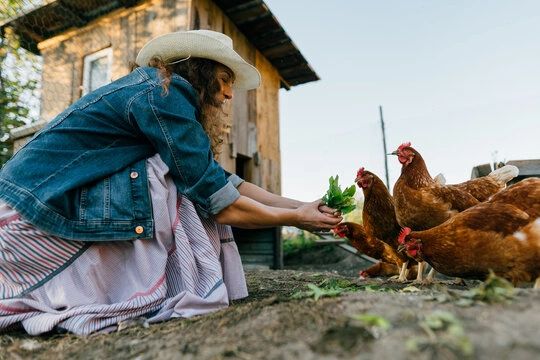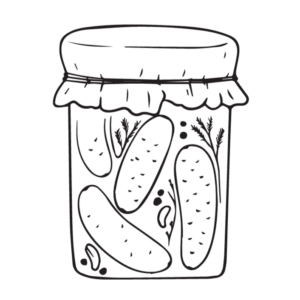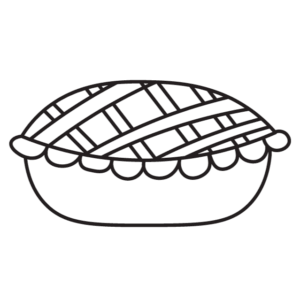“I wonder if they realized what they left behind?”
This question hit me like a lightning bolt last week as I was reading about the massive rural-to-urban migration that happened in America during the early 1900s. Millions of people left their family farms to pursue factory jobs in the cities, trading fields and gardens for assembly lines and paychecks.
At the time, it probably felt like progress. Like moving toward something better, more modern, more prosperous. The cities offered steady wages, electricity, running water, and all the conveniences that rural life couldn’t provide.
But as I sat there reading about families packing up their belongings and walking away from land their grandparents had worked, I couldn’t help wondering: Did they have any idea what they were actually giving up?
Not just the land itself, but the skills, the knowledge, the connection to natural cycles, the satisfaction of producing food with their own hands, the tight-knit communities that formed around shared work and mutual dependence.
Did they realize they were trading self-sufficiency for dependence? Connection for convenience? Purpose for paychecks?
I don’t think they could have known. Nobody had tried this experiment before—creating a society where the vast majority of people were completely disconnected from food production, where most folks lived in artificial environments, where traditional skills were abandoned in favor of specialization and efficiency.
They were pioneering uncharted territory, and nobody knew where it would lead.
Well, now we know. And the results are… complicated.
On one hand, we’ve achieved incredible things. Medical advances that would seem like miracles to our great-grandparents. Technology that connects us instantly with people anywhere in the world. Conveniences that make daily life easier in countless ways.
On the other hand, we’ve created problems our ancestors never could have imagined. Anxiety and depression rates through the roof. Chronic diseases linked to processed food and sedentary lifestyles. Social isolation despite being more “connected” than ever. Environmental destruction on a scale that threatens the planet’s ability to support human life.
We gained efficiency, but we lost resilience. We gained convenience, but we lost capability. We gained comfort, but we lost purpose.
And now, more than a century later, people are starting to realize what we left behind when we abandoned the farm for the factory, the garden for the grocery store, the kitchen for the restaurant.
We left the farm and now we’re coming back.
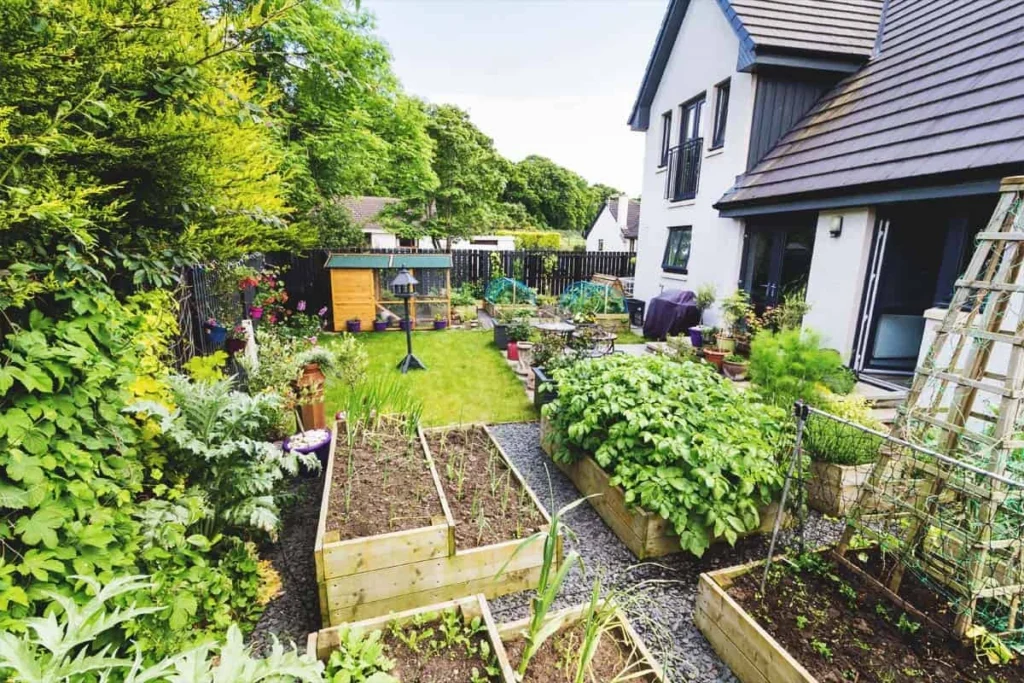
Not literally, of course. Most of us aren’t packing up and moving to rural homesteads (though some are, and more power to them). But we’re rediscovering the value of the skills and knowledge our great-grandparents took for granted.
The explosion of interest in homesteading, gardening, canning, bread-making, and other traditional skills isn’t just a trend—it’s a recognition that we lost something essential when we decided that being modern meant abandoning everything old-fashioned.
We’re trying to reclaim what modernity took from us.
Look at what’s happening in cities around the world: rooftop gardens, community gardens, backyard chickens, farmers markets, farm-to-table restaurants, DIY culture, maker spaces. People are desperately trying to reconnect with the processes that create the things they need instead of just consuming them.
We’re starting to understand that there’s a difference between standard of living and quality of life. That having access to everything doesn’t mean having satisfaction with anything. That convenience often comes at the cost of meaning.
Young people who’ve grown up completely disconnected from food production are suddenly fascinated by sourdough starters and vegetable gardens. Families are learning to can their own vegetables, raise their own chickens, and make their own bread.
It’s not about rejecting progress—it’s about integrating the best of old and new.
We don’t have to choose between running water and homegrown tomatoes. We can have both modern medicine and traditional skills. We can use technology to learn forgotten crafts and share knowledge about sustainable living.
But we do have to be intentional about it. The default setting of modern life will pull us toward maximum convenience and minimum effort. If we want to maintain our connection to traditional skills and values, we have to choose it actively, repeatedly, against the current of cultural pressure.
This is where the concept of being “old-fashioned on purpose” comes in.
It’s not about nostalgia or romanticism. It’s about recognizing that some things we left behind were actually worth keeping. That some old ways of doing things are better than new ways, even if they’re less convenient.
It’s about understanding that humans have certain fundamental needs that technology can’t fulfill: the need to create things with our hands, to understand where our food comes from, to feel connected to natural cycles, to have meaningful work that produces tangible results.
When we left the farm, we didn’t just change our location—we changed our entire relationship with the physical world. We went from being producers to being consumers. From being connected to being isolated. From being capable to being dependent.
And now we’re realizing the true cost of that transition.
The anxiety and depression that plague modern life aren’t just personal failings or chemical imbalances—they’re natural responses to an unnatural way of living. When you disconnect people from meaningful work, from nature, from community, from the basic activities that have defined human existence for thousands of years, of course they’re going to feel lost and purposeless.
But here’s the hopeful part: it’s not too late to reclaim what we lost.
We don’t have to completely abandon modern life to reconnect with traditional skills and values. We can grow vegetables in containers on our balconies. We can learn to cook from scratch in our modern kitchens. We can build community with our neighbors. We can teach our children skills that help them feel capable and confident.
We can choose to be producers instead of just consumers, creators instead of just users, participants instead of just spectators.
The farm never really left us—we just forgot it was there.
It’s in our DNA, this connection to the land and to the skills that kept our ancestors alive and thriving. It’s in our hands, which are designed for creating and building and growing things. It’s in our hearts, which crave the satisfaction that comes from meaningful work and genuine accomplishment.
We can go back to the farm without leaving our current lives behind.
We can be old-fashioned on purpose, not because we want to live in the past, but because we want to bring the best of the past into our present and future.
Those families who left their farms a century ago were doing what they thought was best for their children and grandchildren. They were seeking a better life, more opportunities, greater prosperity.
They couldn’t have known that in gaining the whole world of modern convenience, we would lose something essential about our souls.
But now we know. And now we can choose differently.
We can honor their sacrifice by being intentional about what we keep and what we leave behind.
We can use our modern advantages to rediscover ancient wisdom. We can choose meaning over convenience, capability over comfort, connection over isolation.
We can go home again, even if home isn’t a place but a way of being in the world.
Finding my way back to the farm, one skill at a time
